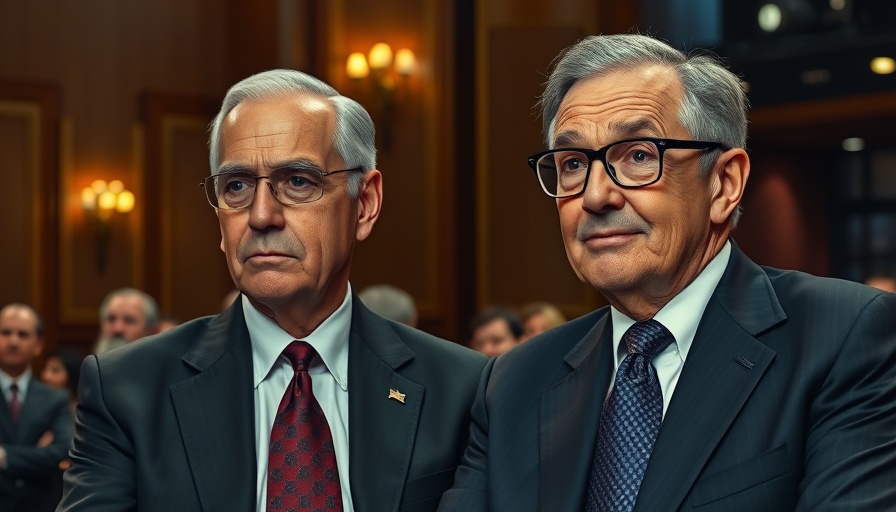
Behind Bill Maher's Critique of RFK Jr.: A Close Look
On a recent episode of his show, Bill Maher didn't hold back when expressing his thoughts on Robert F. Kennedy Jr. (RFK Jr.), labeling him as 'nutty' and claiming that he 'has got to go.' This statement didn't come out of left field; it was a reaction to a series of events that have called into question RFK Jr.'s credibility, particularly surrounding the recent firings at the CDC and his participation in a Senate hearing. Maher’s reluctance to criticize Kennedy stems from their mutual respect, yet the comedian made it clear that this respect doesn’t outweigh his concerns about the trajectory of Kennedy's ideas and public persona.
The CDC's Role and RFK Jr.'s Controversial Stances
RFK Jr. has gained notoriety in recent years for his outspoken views against vaccines and public health measures, positioning himself as a somewhat controversial figure within both political and public health discussions. His recent appearances, including the heightened scrutiny from a Senate hearing, have only amplified the debate around his credibility and motivations. Maher's comments point to a growing frustration among many who once aligned with Kennedy or were sympathetic to his causes but now feel his rhetoric undermines vital public health efforts.
Understanding the Political Climate: Is RFK Jr. Alone?
The mixed feelings surrounding Kennedy's advocacy highlight a broader shift in political discourse, particularly within the Democratic Party. His approach to issues, once seen as progressive, is now perceived by some as counterproductive or conspiratorial. Maher's critique isn't an isolated sentiment; various media voices and commentators are echoing similar frustrations with those who are leveraging public skepticism for personal or political gain. In this context, Maher’s remarks resonate with many who are advocating for a more science-based approach to public health.
The Broader Implications of Maher's Statement
The implications of Bill Maher's statement go beyond personal opinion; they reflect a significant cultural and ideological divide within American society. As public health continues to be a polarizing issue, the comments of prominent figures like Maher can either drive divisiveness or encourage more grounded discussions. His sentiments speak to a larger concern: how do we balance skepticism with the necessity for trust in expert institutions, especially during crises like the COVID-19 pandemic? This is crucial as many Americans navigate a landscape increasingly filled with misinformation.
What This Means Moving Forward
As the political landscape evolves, particularly as we approach the presidential election cycle, discussions surrounding figures like RFK Jr. will likely intensify. Maher's words may resonate across party lines as voters and commentators alike reassess the boundaries of acceptable discourse regarding public health and trust. The position of influential commentators becomes increasingly vital; their endorsements—or critiques—hold power in shaping public perception and motivating voter behavior.
A Call to Consider the Impact of Our Voices
In this age of polarization, it's essential to reflect on how our words influence perspectives and create dialogue. Maher's incisive critique serves as a reminder that public figures bear a responsibility beyond just entertainment; they shape the public's narrative around critical issues. As we navigate the complexities of public health, politics, and media, it invites all of us to consider how we engage with information and each other.
 Add Element
Add Element  Add Row
Add Row 



Write A Comment